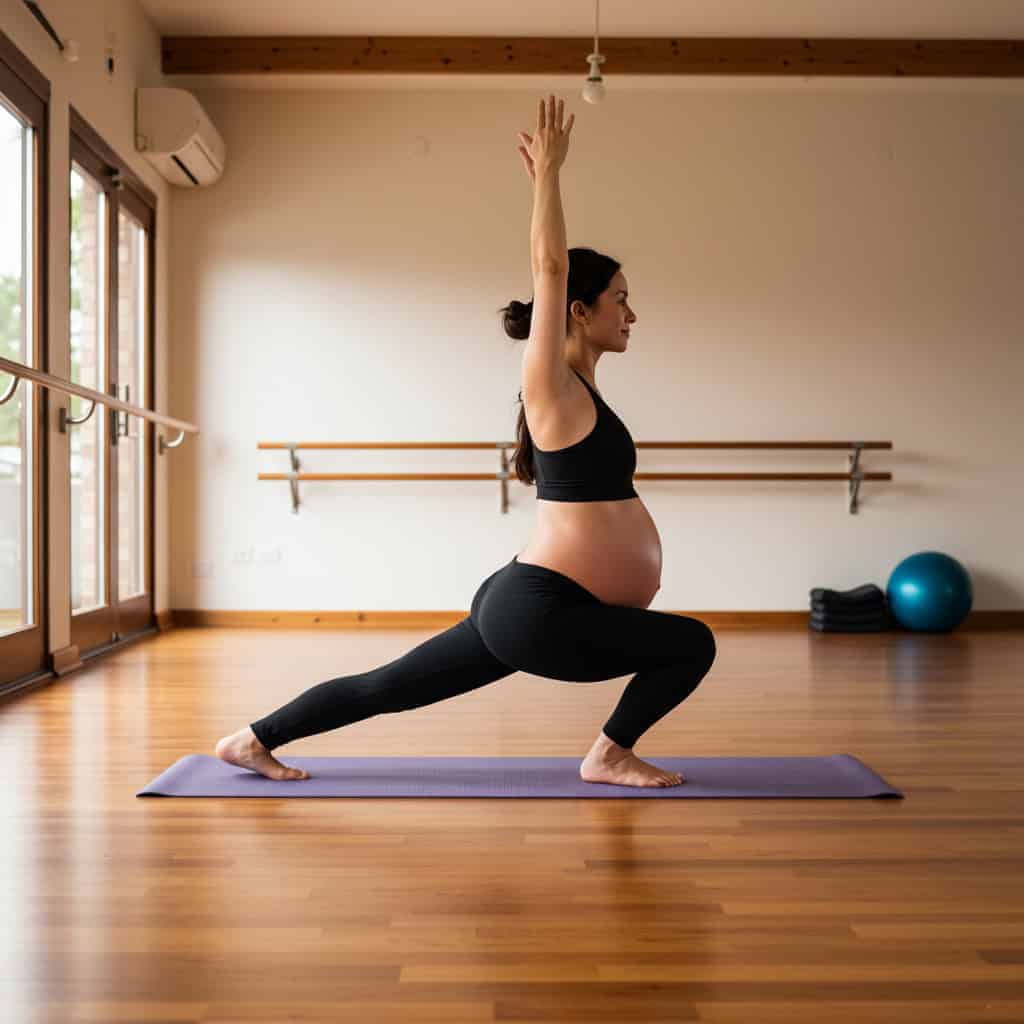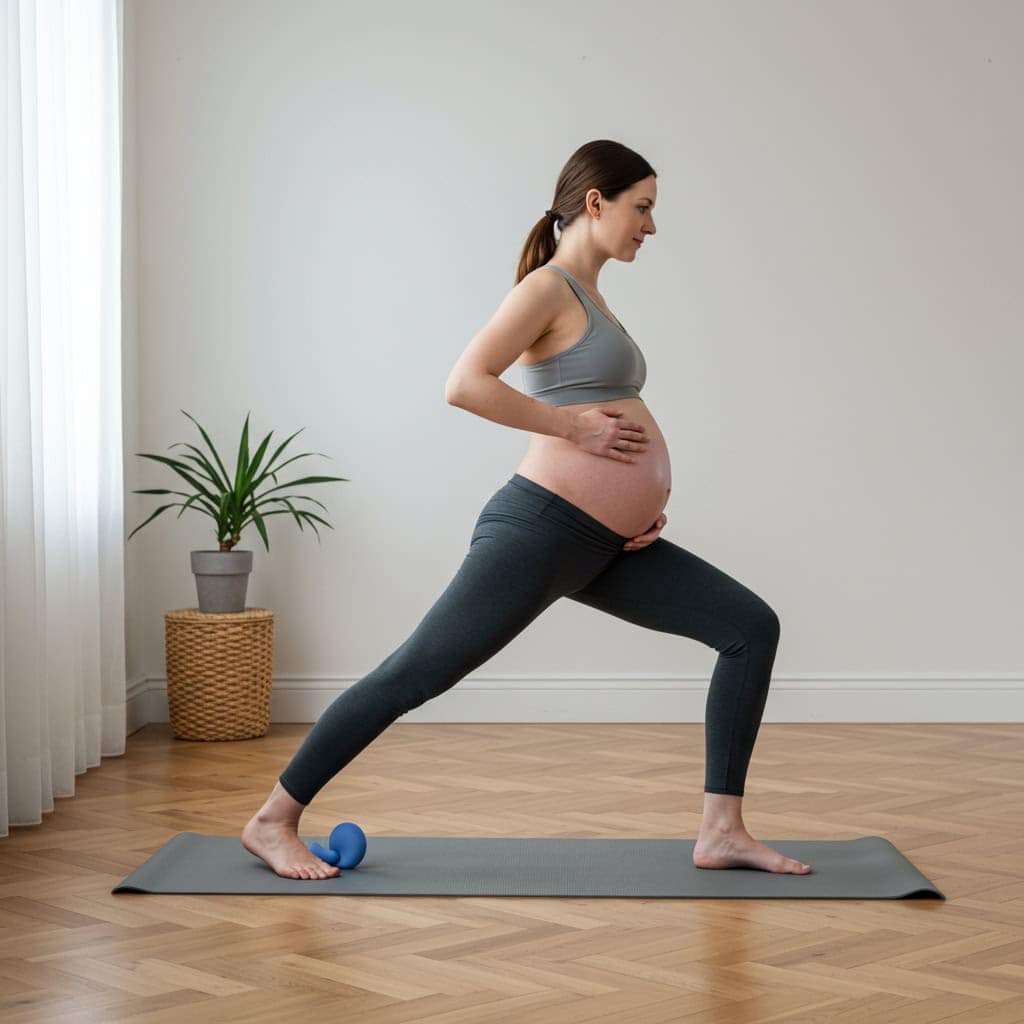Pregnancy Habits That Help Your Body Handle Labor Better
Developing healthy habits during pregnancy can make a significant difference in how your body manages labor. With thoughtful preparation, you can boost your body’s strength, stamina, and resilience for the big day. Simple daily choices, from nutrition to exercise, help optimize your natural ability to cope with childbirth.
1. Regular Prenatal Exercise

Engaging in activities such as walking, swimming, or prenatal yoga helps strengthen the muscles essential for labor and boosts overall endurance. Research indicates that women who maintain a consistent exercise routine during pregnancy may have shorter labors and encounter fewer complications. It’s important to choose exercises that are approved by your healthcare provider to ensure safety for both mother and baby.
2. Practicing Mindful Breathing

Mindful breathing techniques, like those taught in Lamaze or hypnobirthing classes, can help manage pain, reduce anxiety, and maintain focus during contractions. These methods are often compared to meditation because of their calming effects on both mind and body. Practicing controlled breathing may also support a smoother labor experience.
3. Maintaining Adequate Hydration

Drinking sufficient water throughout pregnancy supports healthy circulation and helps prevent fatigue and muscle cramps, both of which are especially important during labor. Staying well-hydrated may also reduce the risk of early labor complications according to some studies. Pregnant women should increase their fluid intake to promote overall maternal and fetal health.
4. Eating a Balanced Diet

Consuming a variety of fruits, vegetables, lean proteins, and whole grains ensures your body receives the nutrients needed for optimal muscle function and energy during labor. Those who maintain a balanced diet are more likely to have the stamina required for childbirth and may recover more quickly afterward. In contrast, an unbalanced diet can lead to increased fatigue and delayed recovery.
5. Attending Childbirth Education Classes

Childbirth education classes offer valuable lessons on pain management techniques, effective labor positions, and what to expect during delivery. These classes can boost confidence, reduce anxiety, and contribute to better outcomes for both mother and baby. Preparation through education is associated with more positive labor experiences. Participating in these classes helps you feel empowered and well-informed as you approach your birthing experience.
6. Practicing Perineal Massage

Gentle perineal massage during the final weeks of pregnancy can help the tissues around the birth canal stretch more easily, potentially reducing the risk of tearing and making delivery smoother. Practicing regularly may increase comfort and confidence as your due date approaches.
7. Prioritizing Quality Sleep

Getting consistent, restful sleep during pregnancy is essential for maintaining energy levels, supporting immune function, and promoting physical recovery. Poor sleep has been linked to longer labors and increased discomfort during delivery. Establishing healthy sleep habits can make a difference in how your body handles labor.
8. Building a Labor Support Team

Having a trusted partner, doula, or supportive friend by your side can significantly boost comfort and emotional resilience during labor. Research shows that continuous, positive support throughout childbirth is linked to lower rates of interventions, such as cesarean delivery or the use of pain medications. A strong support system can help you feel empowered and calm during labor.
9. Practicing Pelvic Floor Exercises

Kegel exercises help strengthen the pelvic floor muscles, which can lead to better muscle control and may even shorten the duration of labor. These exercises are easy to incorporate into your daily routine and require no special equipment. Consistent practice can also aid postpartum recovery.
10. Learning Relaxation Techniques

Practicing relaxation methods such as visualization, gentle massage, or listening to calming music can help lower stress hormones and promote greater comfort during labor. Research shows that individuals who use relaxation techniques are better able to manage pain and anxiety compared to those who are unprepared. Incorporating these strategies into your routine can make the labor experience more positive.
Conclusion

Establishing healthy habits during pregnancy empowers your body to handle labor with greater strength and resilience. Thoughtful preparation, consistent self-care, and building a supportive network all contribute to a more positive childbirth experience. Small, daily choices add up, helping you feel confident and ready when labor begins. Remember, every step you take to care for yourself now can make a significant difference when it matters most, ensuring both you and your baby have the best possible start.
Disclaimer

This article is for informational purposes only and is not a substitute for professional medical advice. Always consult your healthcare provider before making any changes to your pregnancy routines or starting new health practices.
.article-content-img img { width: 100% }




